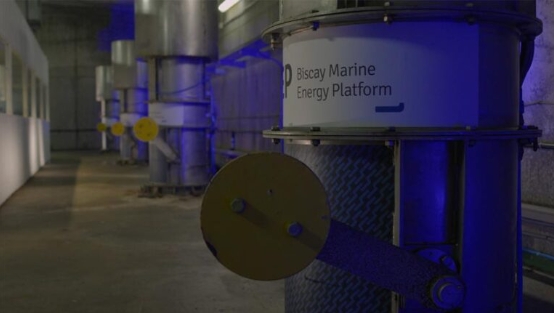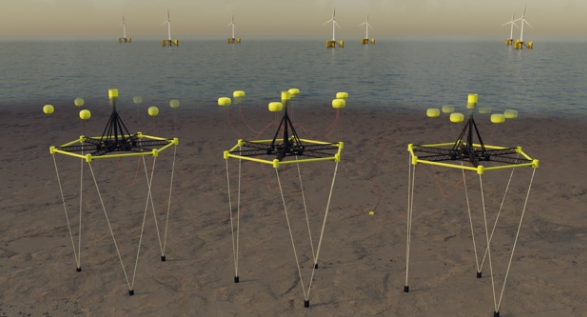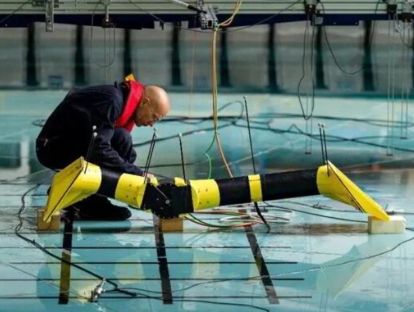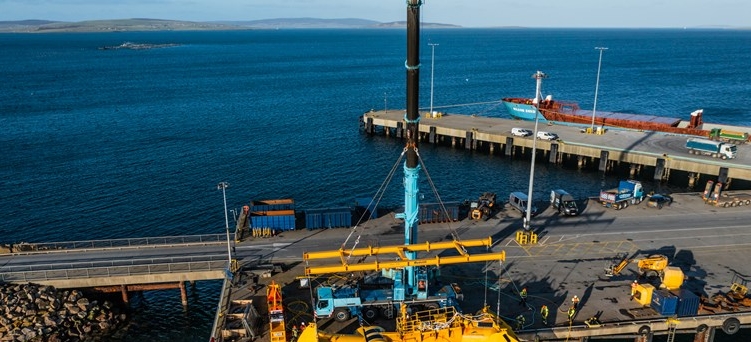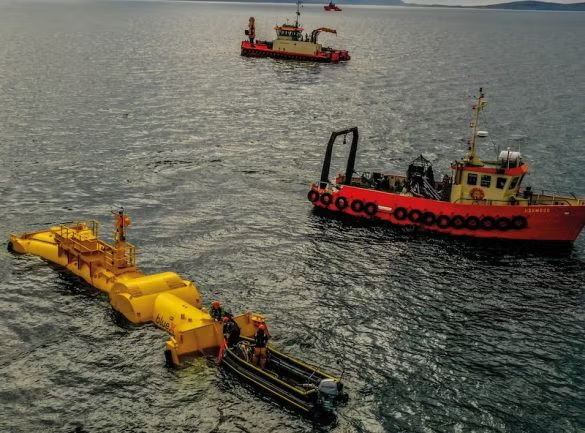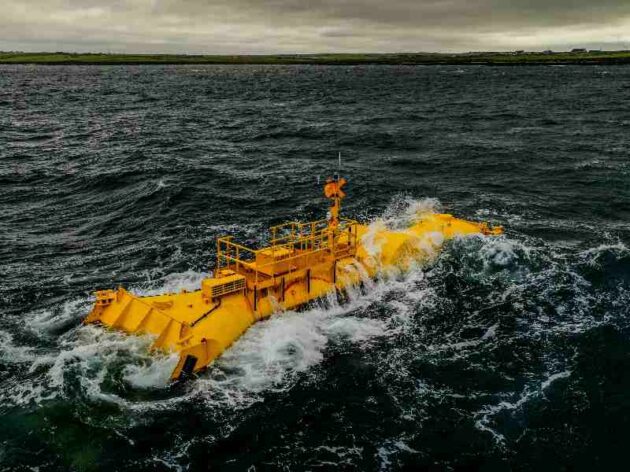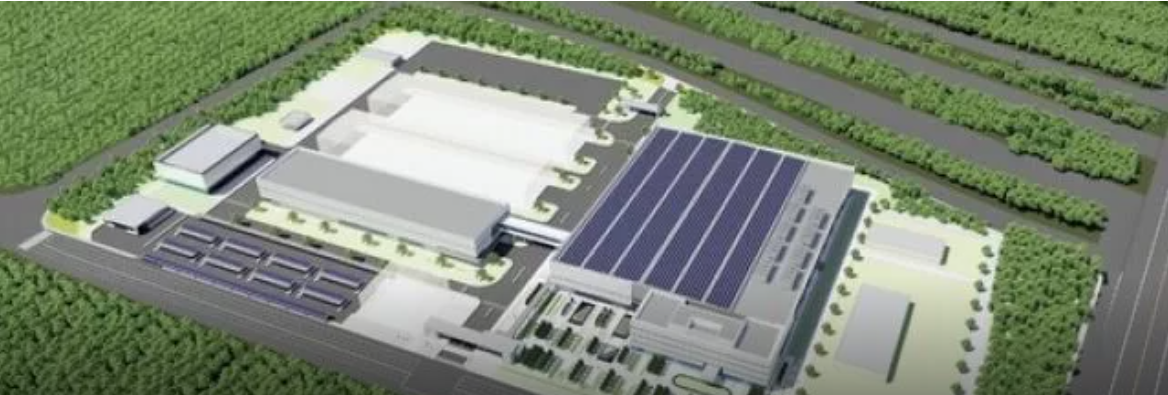
The Guangzhou facility, Hyundai’s first overseas fuel cell system plant, is specifically designed to manufacture 100-kilowatt (kW) fuel cell systems, primarily for its Nexo hydrogen fuel cell vehicles. With an annual production capacity of 6,500 units, the plant aims to meet the growing demand for clean, efficient, and sustainable transportation solutions.
The fuel cells manufactured at the Guangzhou plant will be supplied to local Chinese automakers for integration into hydrogen car power packs. Additionally, Hyundai envisions the potential future use of these fuel cells in power generation fuel cell systems, further emphasizing the versatility and potential of hydrogen as an energy source.
This development aligns closely with China’s strong emphasis on promoting and nurturing new energy vehicles, including hydrogen fuel cell cars, as part of its broader efforts to build a greener and more sustainable economy. By investing in hydrogen technology and fostering partnerships with Chinese automakers, Hyundai aims to contribute to the expansion of China’s hydrogen industry while also driving the global hydrogen economy forward.
The South Korean Ministry of Trade, Industry, and Energy expressed its optimism about the impact of Hyundai’s endeavors, stating, “We anticipate our efforts will not only support the growth of China’s hydrogen industry but also accelerate the development of the global hydrogen economy.”
Furthermore, as key fuel cell components from South Korea find their way into Chinese manufacturing facilities, the projection for increased Korean hydrogen sector exports is also promising. This collaboration between Hyundai and Chinese partners strengthens the ties between the two countries and reinforces their commitment to advancing clean energy technologies.
Hydrogen fuel cell vehicles offer several advantages over traditional internal combustion engine vehicles, including zero-emission operation and longer driving ranges. With the increased production capacity at the Guangzhou plant, Hyundai aims to meet the growing demand for fuel cell vehicles in China and other markets around the world.
